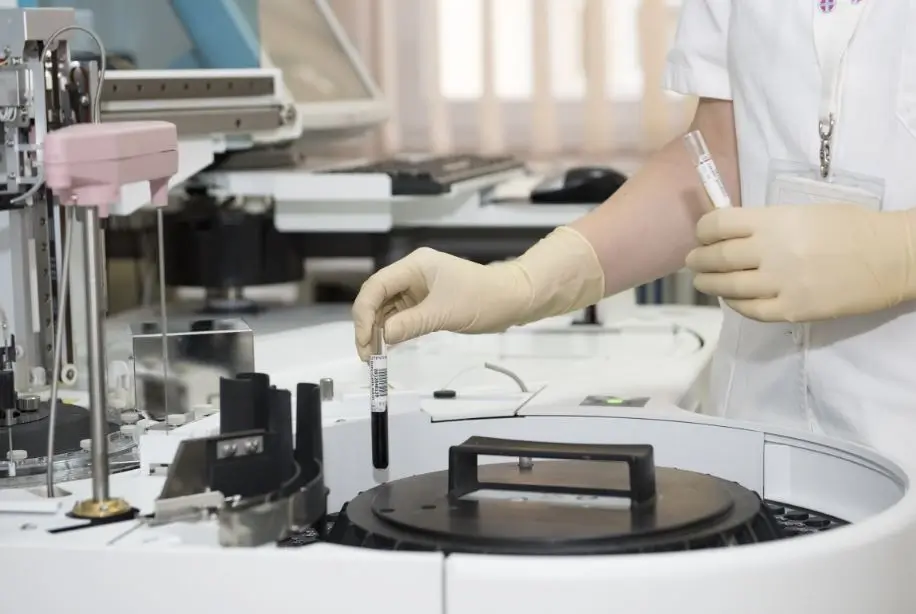Cyprus spent €213.6 million on research and development (R&D) in 2023, equivalent to 0.68 per cent of GDP, according to data released by the Statistical Service (Cystat) on Thursday.
This marks a 3.2 per cent increase from 2022, when expenditure stood at €207m, 0.70 per cent of GDP.
Although R&D spending has grown steadily over the past decade, Cyprus still lags behind the EU average of 2.26 per cent, placing among the lowest performers alongside Malta (0.64 per cent) and Romania (0.52 per cent).
In contrast, Sweden (3.64 per cent), Belgium (3.27 per cent) and Austria (3.26 per cent) recorded the highest shares in 2023.
Nevertheless, Cyprus continues to post one of the highest long-term growth rates in the bloc.
Between 2000 and 2023, R&D expenditure in the country grew by an annual average of 9.96 per cent, while over the 2010–2023 period, growth averaged 7.23 per cent, compared with 4.47 per cent and 4.62 per cent respectively across the EU.
By sector, business enterprises accounted for the largest share of R&D activity, with €89.6m, 41.9 per cent of total expenditure, followed by higher education institutions at €76.9m (36 per cent), private non-profit organisations at €31.1m (14.6 per cent), and the government sector at €16m (7.5 per cent). These figures are broadly consistent with 2022 levels, though the government’s share rose slightly.
Within the business sector, information and communication companies led R&D investment, contributing €51.7m, while manufacturers of pharmaceuticals, electronics, and electrical equipment added €25.9m.
In terms of funding sources, government funds financed 23.5 per cent of total R&D activity (€50.2m), compared with 22.1 per cent a year earlier.
Public universities contributed €27m, while €45.1m came from foreign sources, including EU funds. The private sector provided the largest share at €91.3m, representing 42.8 per cent of the total.
Most R&D spending was directed to the natural sciences (€94.5m), followed by engineering and technology (€66.1m), social sciences (€22.3m), agricultural sciences (€12.6m), medical sciences (€10.5m) and humanities (€7.5m).
A total of 4,257 people were engaged in R&D in 2023, slightly up from 4,241 in 2022.
In full-time equivalent terms, this corresponded to 2,308 researchers, of whom 909 (39.4 per cent) were women. Roughly one-third (33.3 per cent) of them held PhD degrees.






Click here to change your cookie preferences